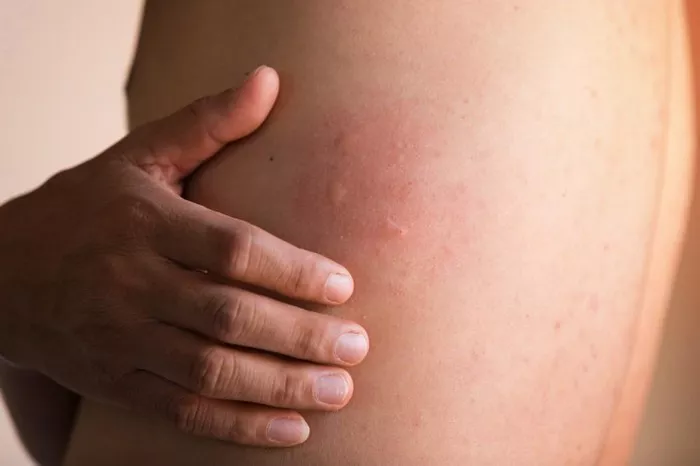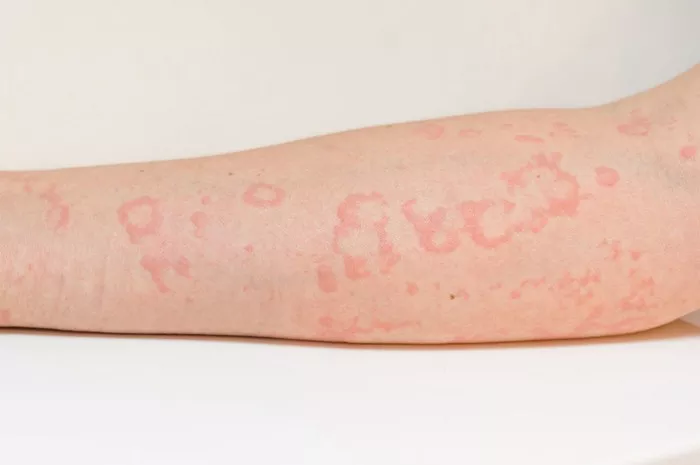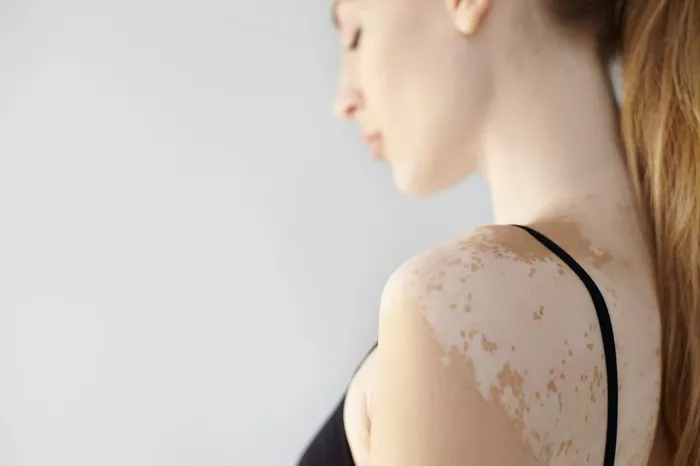Urticaria, commonly known as hives, is a skin condition characterized by raised, red, itchy welts. It is a manifestation of the body’s immune response triggered by various factors such as allergies, infections, medications, or stress. While itching is a hallmark symptom of urticaria, the question arises: Is urticaria always itchy? The answer, intriguingly, is not as straightforward as one might assume.
Understanding Urticaria
Before delving into the itchiness aspect, it’s essential to understand the nature of urticaria itself. Urticaria occurs when certain cells in the skin release histamine and other chemicals into the bloodstream. This release leads to the characteristic raised welts and inflammation seen in hives. The condition can be acute, lasting for a few hours to several weeks, or chronic, persisting for six weeks or more.
The Itch Factor
Itchiness is undoubtedly the most common symptom associated with urticaria. The sensation of itchiness can vary from mild to severe and can significantly impact an individual’s quality of life. Many individuals with urticaria report intense itching, often described as burning or stinging, which can be distressing and disruptive, especially if the hives are widespread or recurring.
But is It Always Itchy?
Contrary to popular belief, not all cases of urticaria are accompanied by itchiness. While itching is a prevalent symptom, some individuals may experience hives without any associated itchiness. This phenomenon, although less common, highlights the complexity of urticaria and its varied presentations.
Factors Influencing Itchiness
Several factors can influence whether urticaria is accompanied by itchiness:
1. Underlying Cause: The underlying cause of urticaria can play a significant role in determining the presence and severity of itchiness. Allergic reactions, for example, often result in intense itching due to the body’s immune response to allergens. In contrast, non-allergic triggers may not elicit the same degree of itchiness.
2. Severity of Inflammation: The extent of inflammation associated with hives can influence itchiness. More severe inflammation may lead to heightened itchiness, while milder cases may be less bothersome.
3. Individual Sensitivity: Each person’s sensitivity to histamine and other inflammatory mediators can vary, affecting their experience of itchiness. Some individuals may be more prone to itching, while others may not exhibit significant itchiness even with the presence of hives.
4. Location of Hives: The location of hives on the body can also impact itchiness. Hives occurring in areas with thinner skin, such as the face or neck, may be more prone to itching due to increased sensitivity.
5. Psychological Factors: Psychological factors such as stress and anxiety can exacerbate itchiness in individuals with urticaria. Stress-induced itching, known as psychogenic pruritus, can intensify the perception of itchiness even in the absence of visible hives.
Clinical Implications
The variability in itchiness associated with urticaria has several clinical implications:
1. Diagnostic Challenges: The absence of itchiness in some cases of urticaria can pose diagnostic challenges for healthcare providers. Without the typical symptom of itching, identifying urticaria solely based on the appearance of hives may be more challenging.
2. Treatment Considerations: The presence or absence of itchiness may influence treatment decisions for urticaria. Antihistamines, which are commonly used to alleviate itching in hives, may be less necessary for individuals who do not experience significant itchiness.
3. Patient Education: Educating patients about the potential variability in symptoms associated with urticaria is essential for managing expectations and promoting understanding. Patients should be aware that urticaria can present differently from person to person, and itchiness is not always a universal symptom.
4. Psychosocial Impact: Itchiness associated with urticaria can have a profound psychosocial impact, affecting mood, sleep, and overall quality of life. Healthcare providers should address the emotional and psychological aspects of itchiness in addition to providing medical treatment.
Conclusion
In conclusion, while itchiness is a hallmark symptom of urticaria, it is not always present in every case. The presence or absence of itchiness can vary depending on factors such as the underlying cause, severity of inflammation, individual sensitivity, and psychological factors. Recognizing the variability in itchiness associated with urticaria is crucial for accurate diagnosis, appropriate treatment, and effective patient management. Healthcare providers should consider the multifaceted nature of urticaria and its associated symptoms when evaluating and caring for patients with this condition.


























